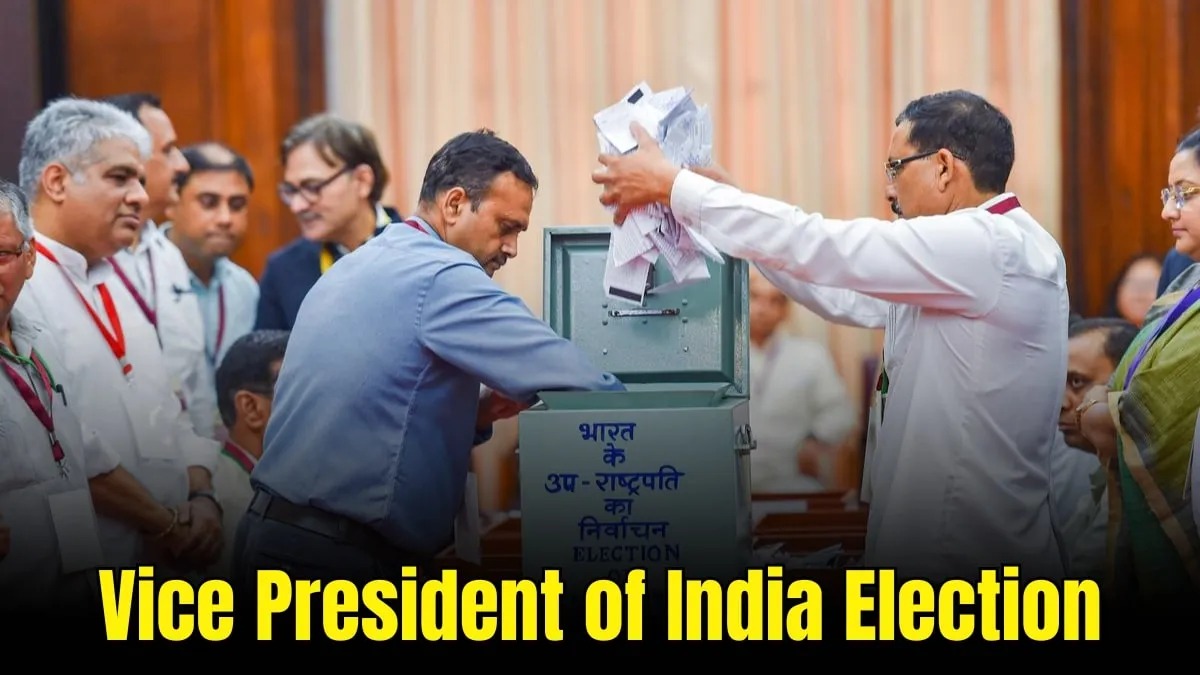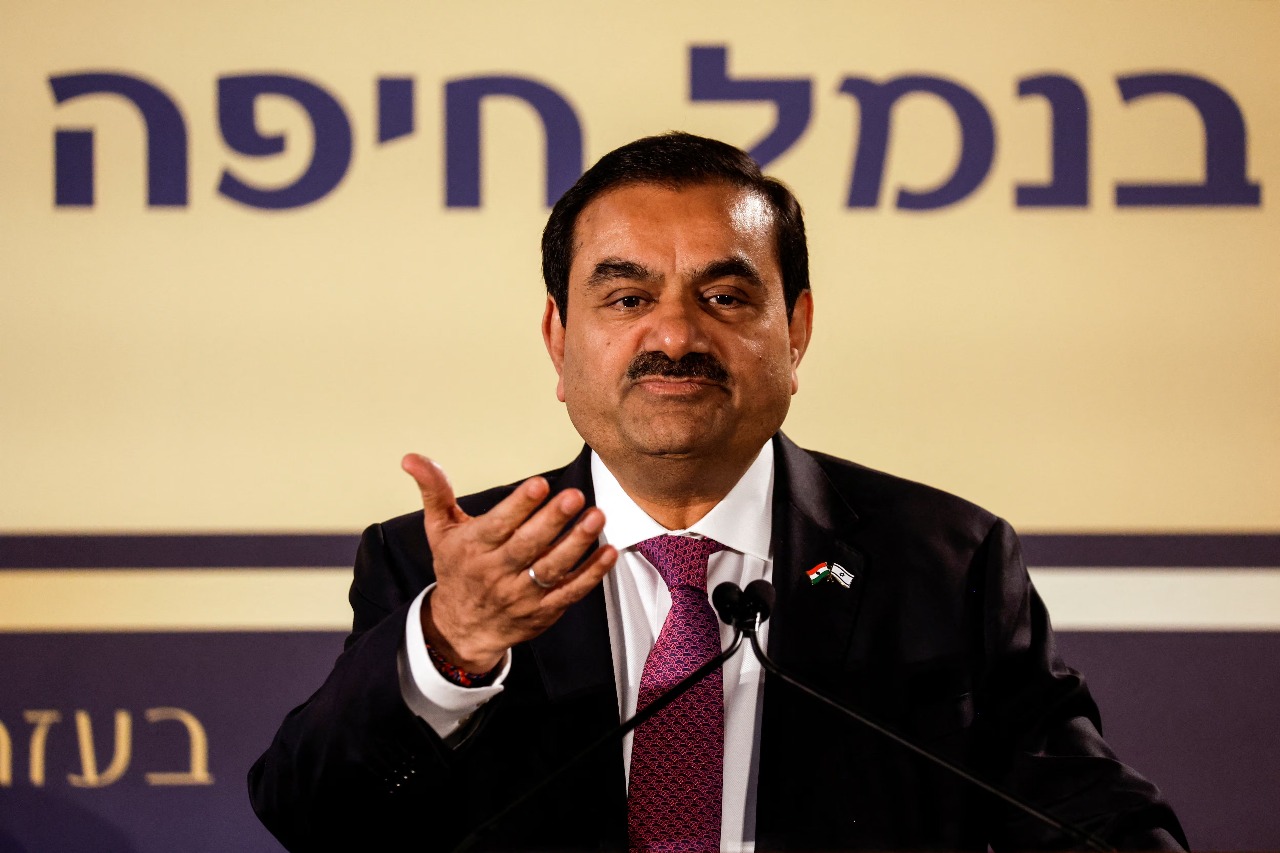 Image Source : Jagran Josh
Image Source : Jagran Josh
Key Highlights
Both the President and Vice President of India hold prestigious constitutional offices, but their elections differ in eligibility criteria, electoral college, voting procedure, and roles.
The President is elected by an electoral college consisting of elected members of both Houses of Parliament and the elected members of Legislative Assemblies of States and Union territories.
The Vice President is elected solely by members of both Houses of Parliament, including nominated members of the Rajya Sabha.
Electoral College and Voting
Presidential election voters include 776 elected MPs (Lok Sabha and Rajya Sabha) and 4,120 elected MLAs from states and union territories.
Vice President election voters are limited to 788 members of Parliament, including 12 nominated members of Rajya Sabha and 0 nominated Lok Sabha members.
Both elections use a system of proportional representation via single transferable vote, and voting is conducted by secret ballot.
Eligibility and Nomination
President candidates must be Indian citizens, at least 35 years old, qualified for Lok Sabha membership, with no office of profit.
Vice President candidates must be Indian citizens, at least 35 years old, qualified for Rajya Sabha membership, and not hold any office of profit.
Nomination deposits differ: Rs. 15,000 for Vice President and Rs. 15,000 for President currently.
Roles and Functions
The President is the constitutional head of the state, Supreme Commander of the Armed Forces, and exercises powers including assent to bills, promulgating ordinances, appointing prime minister and judges.
The Vice President serves as Chairman of the Rajya Sabha and steps in as acting President on vacancy or absence.
Election Cycle and Term
Both offices have a term of five years but elections can be held earlier if vacancies arise.
The Vice Presidential election of 2025 is prompted by the recent resignation of the incumbent, making it an early election.
Presidential elections are generally held every five years, with the next scheduled for 2027.
Significance
Understanding these differences clarifies the distinct constitutional roles and electoral mechanisms ensuring checks and balances in India's parliamentary democracy.
The distinction ensures continuity in governance with a clear line of succession and legislative oversight.
Source: Election Commission of India, Wikipedia, PIB, August 18, 2025
Advertisement
Advertisement







